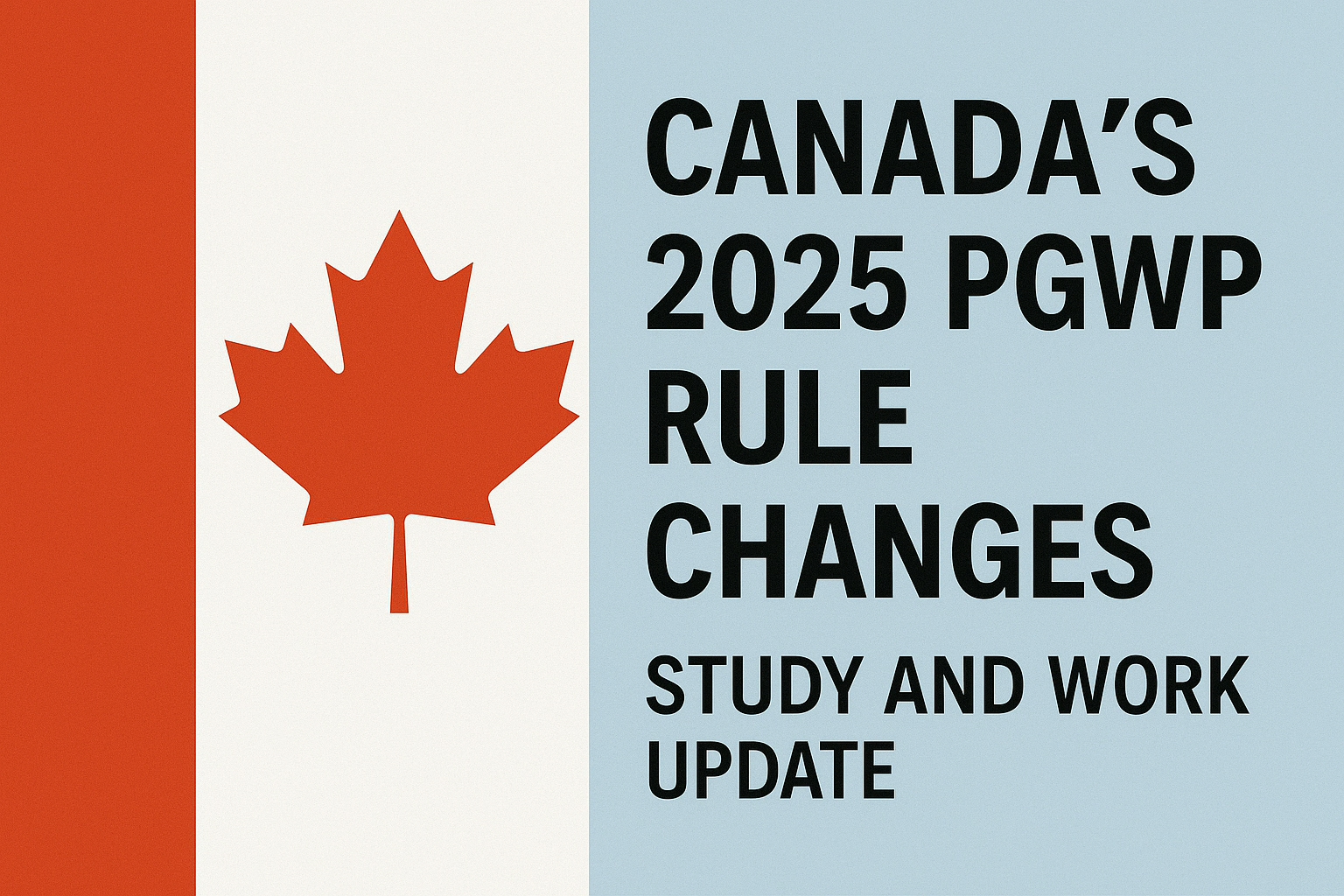Understanding ATIP: Accessing Information in Canada
Table of contents
In Canada, the Access to Information and Privacy (ATIP) system plays a crucial role in upholding the principles of transparency and accountability within government operations. Through ATIP, individuals and organizations can request access to federal government records, ensuring that public institutions remain open and their actions are subject to scrutiny. This article explores the intricacies of ATIP, examining the framework of access to information laws, the privacy considerations involved, and the process for navigating ATIP requests in Canada.
Introduction to ATIP: A Canadian Perspective
Access to Information and Privacy (ATIP) in Canada is a cornerstone of democratic governance, providing citizens with the right to access information held by federal institutions. This system is designed to foster transparency, enabling the public to understand the workings of government and hold it accountable. ATIP encompasses two main pieces of legislation: the Access to Information Act and the Privacy Act, each serving distinct yet complementary purposes.
The Access to Information Act, enacted in 1983, grants Canadian citizens and permanent residents the right to request access to records under the control of federal government institutions. This legislation is pivotal in promoting openness, as it allows individuals to seek information on government policies, decisions, and operations. On the other hand, the Privacy Act, which also came into force in 1983, aims to protect personal information held by government institutions, ensuring that individuals’ privacy rights are respected and safeguarded.
Together, these acts form the backbone of Canada’s ATIP framework, balancing the public’s right to know with the need to protect sensitive personal information. This dual focus highlights the importance of both transparency and privacy, ensuring that while government activities are open to scrutiny, individuals’ private data remains secure. Understanding the principles and purposes of ATIP is essential for anyone seeking to engage with Canada’s information access system.
The Framework of Access to Information Laws
The framework of access to information laws in Canada is built upon the foundational principles of openness, transparency, and accountability. The Access to Information Act sets out the legal rights of individuals to request information from federal government institutions, establishing a presumption of disclosure unless there is a compelling reason to withhold the information. This presumption is crucial in fostering a culture of openness within government, encouraging institutions to facilitate access rather than impede it.
Under the Access to Information Act, federal institutions are required to respond to information requests within 30 days, with provisions for extensions under certain circumstances. The Act outlines specific exemptions where information may be withheld, such as those related to national security, personal privacy, and commercial confidentiality. These exemptions are designed to balance the public interest in disclosure with the need to protect sensitive information that, if released, could cause harm.
The Privacy Act complements the Access to Information Act by regulating how federal institutions collect, use, and disclose personal information. It ensures that individuals have the right to access their own personal information held by government institutions and request corrections if necessary. This dual legislative framework underscores Canada’s commitment to both transparency in government operations and the protection of individual privacy rights, reflecting a nuanced approach to information access.
Privacy Considerations in ATIP Requests
Privacy considerations are a critical aspect of ATIP requests, as they involve the delicate balance between the public’s right to know and the protection of personal information. The Privacy Act plays a central role in this regard, setting out the rules for how federal institutions handle personal data. It mandates that personal information collected by government bodies be used only for the purposes for which it was collected, and that adequate safeguards be in place to prevent unauthorized access or disclosure.
When processing ATIP requests, government institutions must carefully assess whether the requested information contains personal data and, if so, whether its release would constitute an unreasonable invasion of privacy. The Privacy Act provides specific exemptions to prevent the disclosure of personal information, ensuring that individuals’ privacy rights are not compromised in the pursuit of transparency. These exemptions are crucial in maintaining public trust in the government’s ability to protect sensitive personal data.
Moreover, individuals have the right to access their own personal information held by government institutions, allowing them to verify its accuracy and request corrections if necessary. This aspect of the Privacy Act empowers citizens to take control of their personal data, ensuring that government records are accurate and up-to-date. By balancing transparency with privacy protection, the ATIP framework in Canada seeks to uphold both public accountability and individual rights.
Navigating the ATIP Request Process in Canada
Navigating the ATIP request process in Canada involves several steps, beginning with the identification of the information sought and the appropriate federal institution holding the records. Individuals can submit requests in writing or electronically, providing sufficient detail to enable the institution to locate the information. It is important for requesters to be as specific as possible about the records they seek, as this can expedite the processing of their request.
Upon receiving an ATIP request, the federal institution is obligated to respond within 30 days, although extensions may be granted in certain cases, such as when the request involves a large volume of records or requires consultation with other institutions. The institution must provide the requested information unless it falls under one of the exemptions outlined in the Access to Information Act or the Privacy Act. If a request is denied, the institution must provide reasons for the refusal and inform the requester of their right to file a complaint with the Office of the Information Commissioner.
The Office of the Information Commissioner serves as an independent ombudsman, investigating complaints from individuals who believe their ATIP request was improperly handled. This oversight mechanism is crucial in ensuring that federal institutions comply with access to information laws and respect individuals’ privacy rights. By understanding the ATIP request process and the avenues for recourse, Canadians can effectively exercise their right to access government information while safeguarding their personal data.
In conclusion, the Access to Information and Privacy (ATIP) system in Canada represents a vital component of democratic governance, ensuring that government operations are transparent and accountable to the public. By understanding the framework of access to information laws, the privacy considerations involved, and the process for navigating ATIP requests, Canadians can effectively engage with the system to obtain the information they seek. Balancing transparency with privacy protection, Canada’s ATIP framework upholds both public accountability and individual rights, reflecting a commitment to open and responsible governance.
Frequently Asked Questions
What is ATIP in Canada?
ATIP stands for Access to Information and Privacy, a system in Canada that allows individuals to request federal government records and ensures privacy protection for personal information.
What legislation governs ATIP in Canada?
ATIP in Canada is governed by two key laws: the Access to Information Act and the Privacy Act. These laws ensure transparency in government operations and protect individual privacy.
Who can make an ATIP request in Canada?
Canadian citizens, permanent residents, or individuals present in Canada can make ATIP requests to access government-held information.
How do I submit an ATIP request?
You can submit an ATIP request in writing or electronically to the federal institution holding the records. Include sufficient details to help locate the requested information.
What is the processing time for an ATIP request?
Federal institutions are required to respond to ATIP requests within 30 days. Extensions may be granted in certain cases, such as large volumes of records or consultation with other institutions.
What types of information are exempt from ATIP requests?
Information related to national security, personal privacy, commercial confidentiality, or other sensitive areas may be exempt under the Access to Information Act or Privacy Act.
Can I access my own personal information through ATIP?
Yes, individuals can request access to their personal information held by government institutions under the Privacy Act and request corrections if necessary.
What should I do if my ATIP request is denied?
If your request is denied, you can file a complaint with the Office of the Information Commissioner, which acts as an independent oversight body.
How does the Privacy Act protect personal information?
The Privacy Act mandates that personal information collected by government institutions be used only for its intended purpose and ensures safeguards against unauthorized access or disclosure.
Why is the ATIP system important in Canada?
The ATIP system is vital for ensuring government transparency and accountability while protecting individual privacy, reflecting Canada’s commitment to democratic governance.
Discover more from Pax Law Corporation
Subscribe to get the latest posts sent to your email.



0 Comments